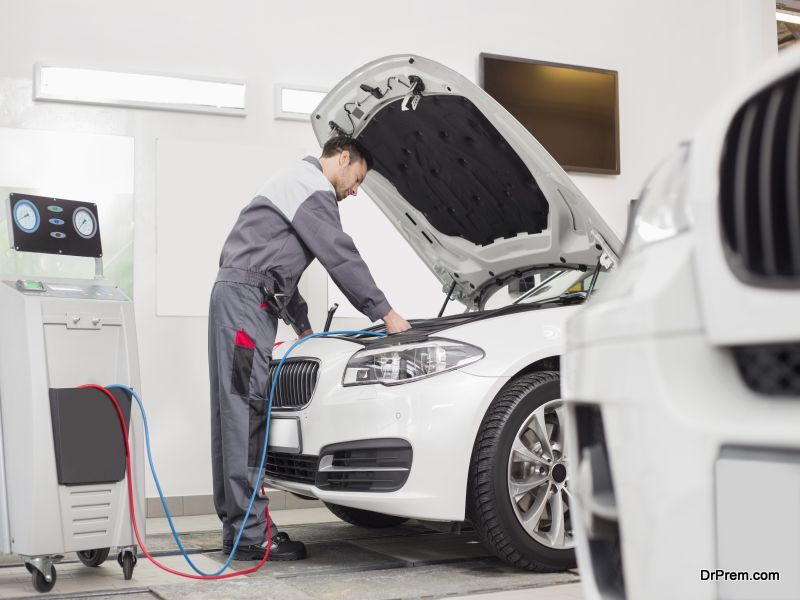There are over 222 million licensed drivers in the United States alone. That means ample opportunity for unfortunate accidents and mishaps while behind the wheel. But there are certain precautions you can take when hitting the road to help keep both you and fellow motorists safe and healthy. Here are a few tips to keep in mind next time you venture out.
Rest When Needed
 Driving tired is extremely dangerous and can result in unnecessary accidents and injuries to both yourself and others. If you’re taking a long road trip, it’s important to rest when needed. Plan a route that allows for adequate stops. Here you can get out, stretch your legs, use the restroom, and refresh. Throw some cold water on your face and perform some mild stretches. This will keep your back and neck from getting strained or stiff. If you’re feeling exhausted, take a short nap in a rest area or other safe parking lot. Driving tired is equivalent to driving while intoxicated. If you cause an accident on the road, you’ll need a car accident attorney and can injure both yourself and others.
Driving tired is extremely dangerous and can result in unnecessary accidents and injuries to both yourself and others. If you’re taking a long road trip, it’s important to rest when needed. Plan a route that allows for adequate stops. Here you can get out, stretch your legs, use the restroom, and refresh. Throw some cold water on your face and perform some mild stretches. This will keep your back and neck from getting strained or stiff. If you’re feeling exhausted, take a short nap in a rest area or other safe parking lot. Driving tired is equivalent to driving while intoxicated. If you cause an accident on the road, you’ll need a car accident attorney and can injure both yourself and others.
Bring Along Snacks and Water
Your vehicle isn’t the only thing that needs to stay fueled up during your road trip. Bring along plenty of snacks and food to help keep you alert and energized. Pack a small cooler with plenty of water and snacks that are easy to eat on the go. Nutritious options include granola bars, mixed nuts, and dried fruit. If you’re not able to pack snacks beforehand, most rest areas offer vending machines or other eateries where you can purchase food. Stay away from the fast food joints. While you may be craving French fries or other fattening treats, saturated fat can actually leave you feeling fatigued and sluggish, which is a bad combination for driving. When in doubt, try some caffeine to give you a boost of energy, but just don’t overdo it.
Let Someone Else Drive
 No matter how much you like to be in control, sometimes, you need to let someone else take the wheel. If you’re planning a long drive, ask a friend or companion to come along. Before you go, chart out the trip and estimate how long it will take you. Break up the driving duties amongst yourselves. If you have multiple people joining you, that’s even better. You may not realize it but your body is on high-alert while driving. This is especially true for highway driving where other vehicles are moving at a fast pace. Your body and mind need a break from the responsibility of driving. While you may still experience leg cramps and discomfort in the passenger’s seat, you can at least safely close your eyes and relax your mind and body. If you’re worried about getting car sick, avoid looking down at an electronic device or reading. This can increase and aggravate symptoms associated with car sickness.
No matter how much you like to be in control, sometimes, you need to let someone else take the wheel. If you’re planning a long drive, ask a friend or companion to come along. Before you go, chart out the trip and estimate how long it will take you. Break up the driving duties amongst yourselves. If you have multiple people joining you, that’s even better. You may not realize it but your body is on high-alert while driving. This is especially true for highway driving where other vehicles are moving at a fast pace. Your body and mind need a break from the responsibility of driving. While you may still experience leg cramps and discomfort in the passenger’s seat, you can at least safely close your eyes and relax your mind and body. If you’re worried about getting car sick, avoid looking down at an electronic device or reading. This can increase and aggravate symptoms associated with car sickness.
Be Aware and Alert
When it is your time behind the wheel, be sure to remain alert and attentive to what’s going on around you. This means not texting or talking on the phone while driving. You need to keep your eyes on the road and stay aware of fellow motorists. Not all drivers are diligent when it comes to using their turn signals when switching lanes and some drivers stop abruptly, without warning. It’s important for your focus to be primarily on the road ahead and your surroundings. Avoid listening to your music too loudly or getting engaged in intense conversation with passengers. GPS and other navigation devices can keep you up to date on upcoming road hazards, accidents, or construction that might delay your trip or create a change in traffic patterns. Awareness while driving is essential for keeping you safe.
Get Your Vehicle and Yourself Checked Out
 It’s never a bad idea to have both your body and your vehicle checked out before heading on a long road trip. Bring your car or truck to a local mechanic or auto body shop where they can check things like tire pressure, your breaks, oil levels, windshield wiper blades, and the overall functionality of the vehicle. If you’re not accustomed to driving in a car for an extended period of time, speak with your doctor before hitting the road. They can recommend stretches to help keep your body flexible and free from pain or strain. Your doctor may also recommend certain medications or natural remedies for staying healthy and boosting your immune system while traveling. Being exposed to new and different places can cause illness in those with weakened immune systems.
It’s never a bad idea to have both your body and your vehicle checked out before heading on a long road trip. Bring your car or truck to a local mechanic or auto body shop where they can check things like tire pressure, your breaks, oil levels, windshield wiper blades, and the overall functionality of the vehicle. If you’re not accustomed to driving in a car for an extended period of time, speak with your doctor before hitting the road. They can recommend stretches to help keep your body flexible and free from pain or strain. Your doctor may also recommend certain medications or natural remedies for staying healthy and boosting your immune system while traveling. Being exposed to new and different places can cause illness in those with weakened immune systems.
Precautionary measures can help keep you, your passengers, and fellow motorists remain safe, healthy, and happy for the duration of your trip. Incorporating frequent stops for stretching and refueling both your body and mind are crucial to keep you alert and energized. Pay close attention to other motorists so that you can react to changes in traffic patterns or unpredictable behavior. When you’re at your healthiest and best, you can help avoid accidents and injuries on the road.
Article Submitted By Community Writer




